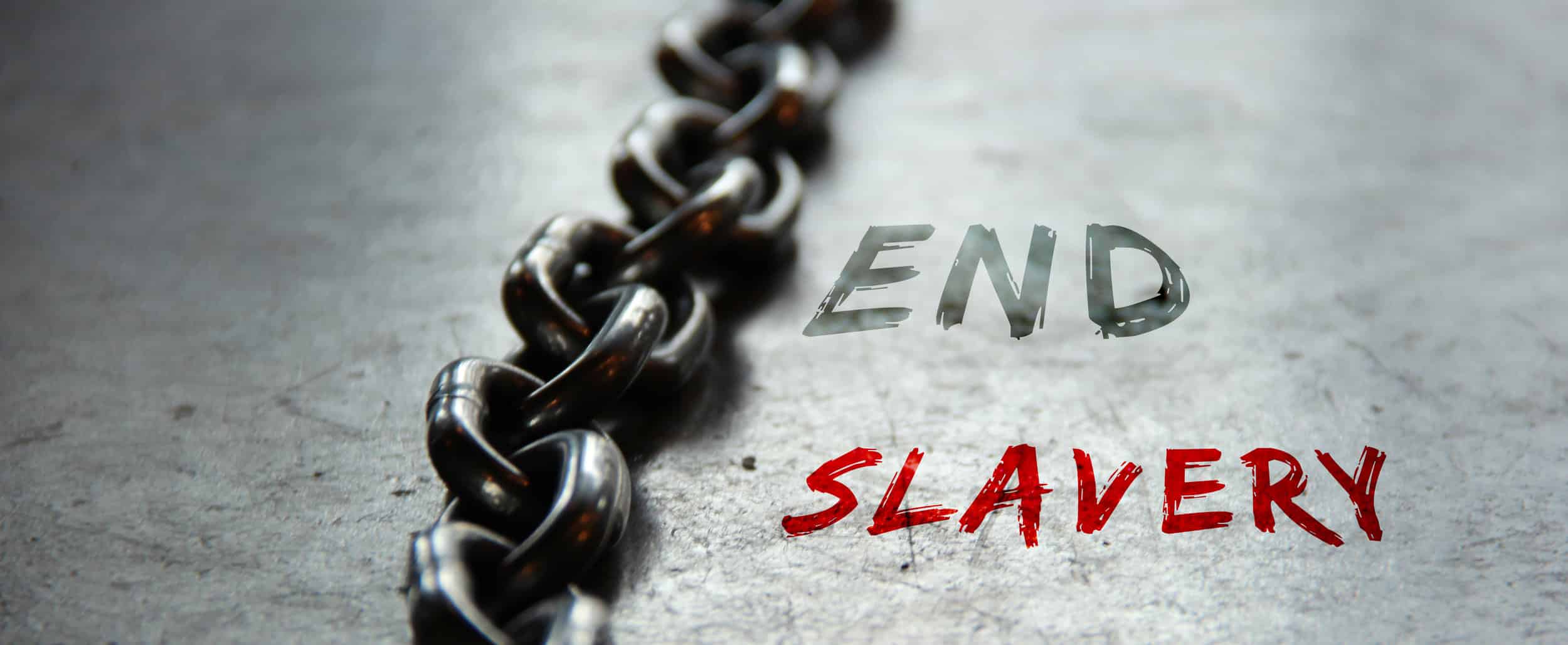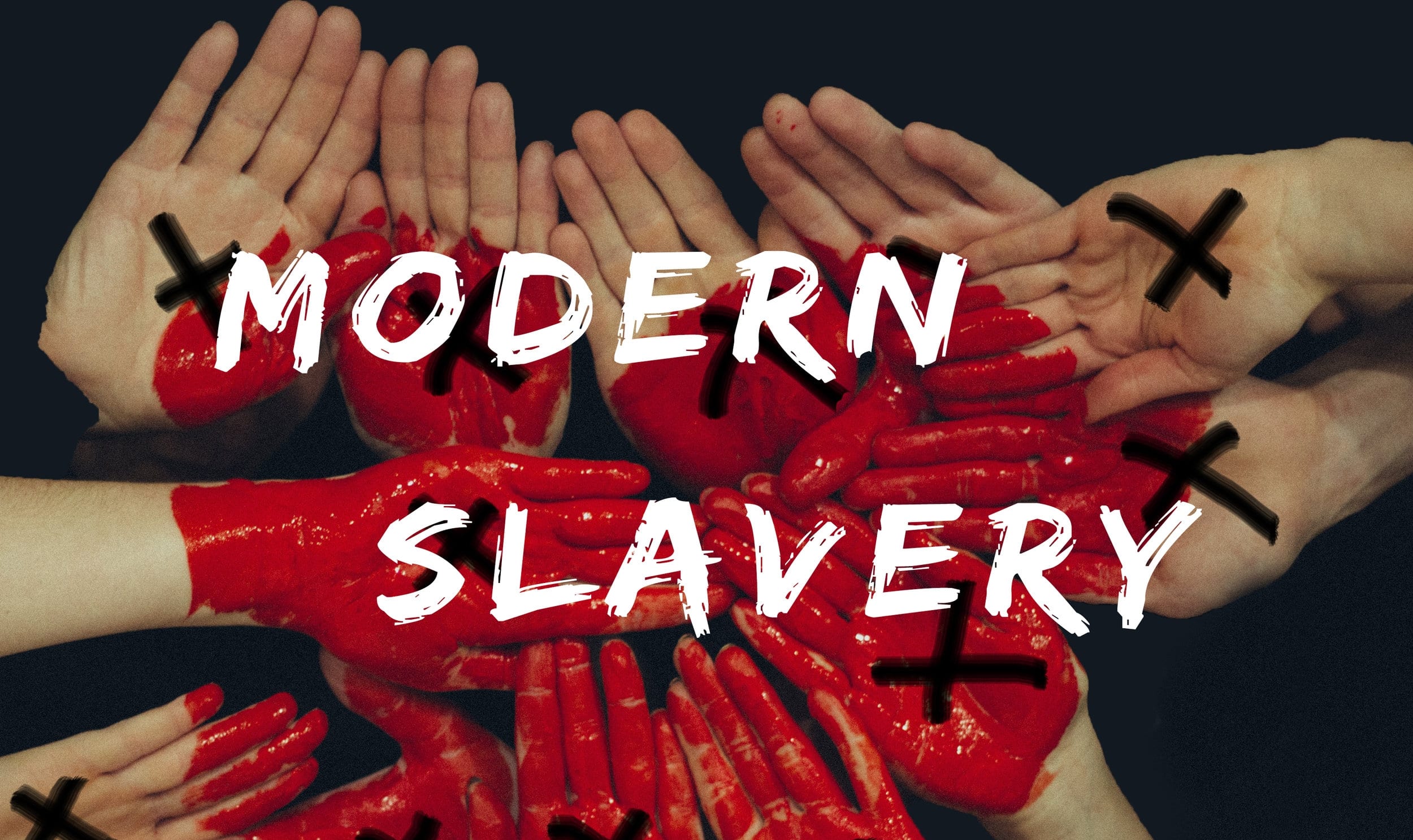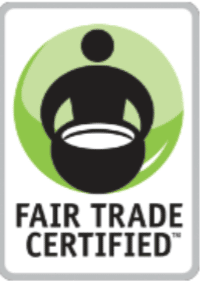
5 Ways you can help end modern slavery
Photo Courtesy of Kaley Dykstra
SHAY CARLSON, STAFF WRITER
Modern slavery. Human trafficking. Forced labor. Debt bondage. While these terms seem to have blotted significant portions of history, their continued existence today makes slavery appear as an impossible poison to draw out of our society. Though many of us are aware of the issues, we know little of how to get involved in the cause.
On March 14, 2017, CNN is hosting the #MyFreedomDay which aims to stand up to modern slavery by bringing awareness of the issue to students across the U.S. CNN�s �My Freedom Day� will focus on how schools can organize events on site that will highlight modern slavery and celebrate freedom.
The events will culminate in the most spirited school winning a feature spot on CNN TV, CNN.com and CNN Facebook. Some suggestions for activities to support the event include hosting film screenings, art shows, a day of service at a rehabilitation center or just tweeting about your plans to show freedom with #MyFreedomDay on Twitter.
Photo Courtesy of TIm Marshall
Luckily, those who wish to get involved in the cause in a more long-term way can use March 14 as a springboard to join some of the hands-on movements like End It, The Not For Sale Campaign and Free the Slaves.
But first, let’s get a good grasp on just what modern slavery is. According to antislavery.org, the term modern slavery encompasses so much more than sex trafficking and child slavery. �Forms of exploitation can range from forced prostitution and forced labor to forced marriage and forced organ removal.”
An estimated 21 million people around the globe are in slavery today, with around 5 million of those people under the age of 18, according to antislavery.org. Modern slavery is a term that refers to anyone forced to work through mental or physical threat, owned or controlled by an �employer�, physically constrained, living within restriction on their freedom of movement, or dehumanized through being treated as a commodity or property.
If you want to get involved beyond a hashtag, here are five things you can do to help end modern slavery:
BUY FAIR. BUY ETHICAL. BUY SLAVERY-FREE.
Photo Courtesy of Fair Trade USA
As college students, it can be hard enough affording the necessities in life, but when possible choose fair-trade products. Though the price may seem like a steep upcharge compared to the generic brands, fair trade ensures the producers of the product are getting a fair price for their labor and aren�t being exploited.
Getting a fair wage is the first step for many laborers in developing countries towards ending poverty and getting out of slavery. Many industries such as cocoa, coffee, rice, sugar, footwear and textiles use child labor to produce their products, either because the children are forced into the work or because their parents are too poor to support the children on their own.
According to the U.S. department of labor, 139 goods across 75 countries are produced through child exploitation, with agriculture and manufacturing being the worst forced labor industry offenders. Fair trade products are often higher quality as well since they are made with sustainable agriculture/production practices over high volume/mass production methods. Though our throw-away society makes goods cheaper and more expendable than ever before, we need to make sure it isn�t causing the people behind the products to become expendable too.
DONATE
Whether it’s time or money, a little bit can go a long way. Organizations like Not For Sale have created a network of businesses dedicated towards purpose-driven social projects that end exploitation and forced labor in their industry. Not for sale allows you to make a tax-deductible donation to the cause or apply for investment of your own anti-slavery project on their website: notforsalecampaign.org.
Have you seen people with a red �x� on the back of their hand? Either they had a mishap with a marker or there is a good chance they support the End It Movement. End It was started in 2013 as a campaign to raise awareness of modern slavery and turned into a movement that implements prevention, rescue and restoration projects across the globe. Through End It�s website you can give to the campaign, become an ambassador for the cause or organize an anti-slavery event using the End It resources. Find out what the red x is all about at enditmovement.com.
You�ve probably seen the logo for Free the Slaves for many years. That�s because Free the Slaves is one of the most prominent organizations fighting slavery. Founded in 2000, Free the Slaves advocates human rights in communities around the world from government to housing, Free the Slaves is making a difference in India, Nepal, Congo, Ghana, Haiti and Senegal. Free the Slaves has freed more than 10,000 slaves since 2000. Free the Slaves offers careers and internships through their organization for those looking to dedicate their time to the mission, or you can donate to the organization at freetheslaves.net
While these are just a few of the hundreds of organizations working towards a slavery-free future, they offer an easy way to donate your time and money to the cause.
KEEP COMPANIES ACCOUNTABLE
Many companies use various forms of slavery in the production of their goods and services because, well, they can. It�s often cheaper and quicker and their consumers don�t know the difference. What can we do to help companies be ethically responsible? Write an e-mail asking how they are implementing ethical or anti-slavery practices into their production, support and promote companies that are doing it right by writing positive reviews and telling others about them, or by pointing out unethical practices when you spot them.
STAY EDUCATED
Though getting more education is the last thing many students want to hear as midterms approach, staying educated on the issue can be as simple as signing up for a newsletter, watching a documentary or reading a book about the issue and what is being accomplished in the cause. “Slavery: A 21st Century Evil,” a TV-series exploring all forms of slavery prevalent today across 6 episodes, is a great place to start. “The True Cost” is a documentary about the exploitation of garment workers, while “Call + Response” is a documentary that goes undercover in areas of slavery to show how and why in 2009, slave traders made more money than Google, Nike and Starbucks combined.
Photo Courtesy of Unsplash
GET INVOLVED IN LEGISLATION
Yes, the word legislation almost makes me nod off into an irretrievable coma of disinterest and confusion too, but by writing, tweeting or e-mailing your local and state officials about issues such as sustainability, modern slavery and child labor, you can help keep the issue at the forefront of the political agenda and contribute to making ethical laws standard.
These may seem like a few small contributions to a huge problem, but keeping the issue of slavery at the forefront of your daily actions can make a big difference.
When we partake in the dialogue about modern slavery we can find solutions, ways to participate and grow an educated community, thus bringing our world closer to ultimately banishing slavery for good.




